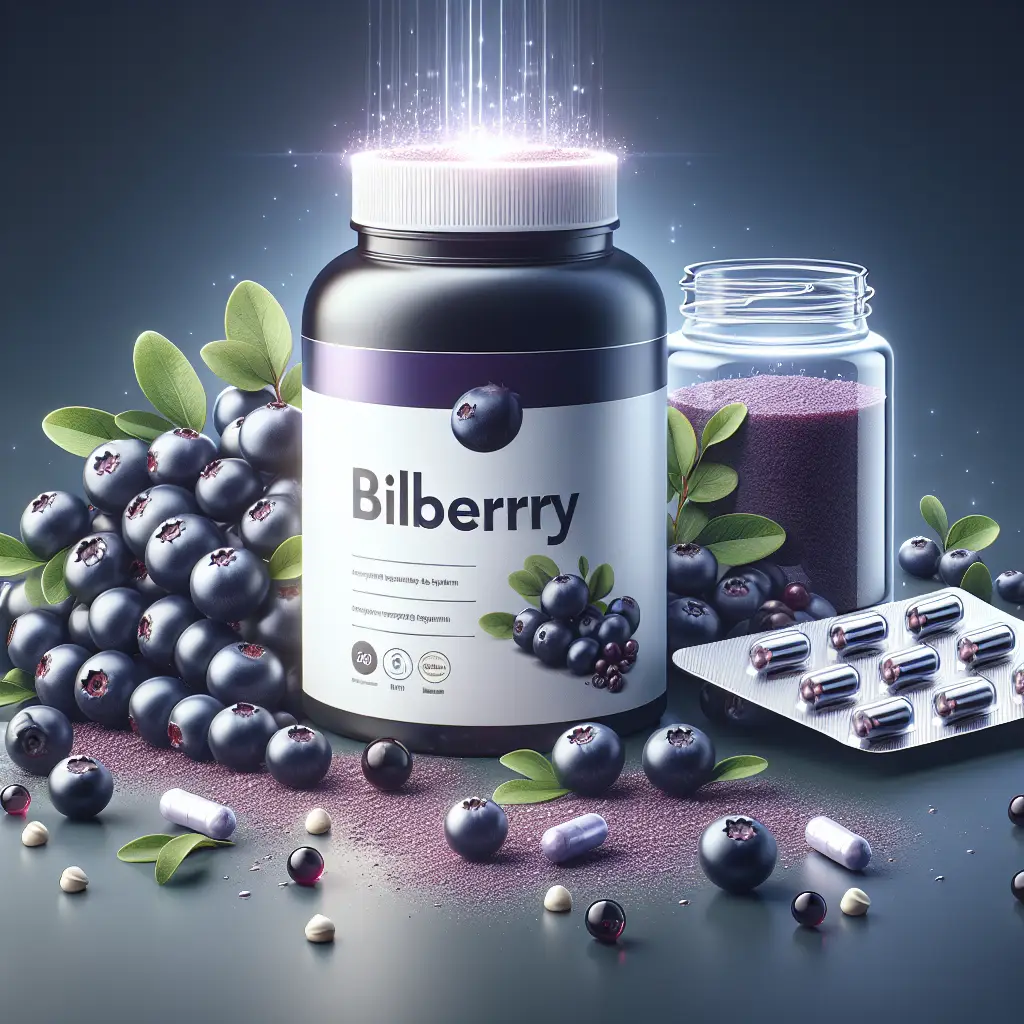Resveratrol
Understanding Resveratrol: The "Miracle" Compound
Resveratrol is a naturally occurring polyphenolic compound found in various plants. It is particularly famous for its presence in the skin of red grapes, but it can also be found in other fruits, nuts, and certain plants. This compound has gained significant attention for its potential health benefits, especially regarding cardiovascular health and longevity.
What is Resveratrol?
Resveratrol belongs to a group of compounds called phytoalexins, which plants produce to combat pathogens like bacteria and fungi. While widely recognized for its presence in red wine, resveratrol can also be found in berries, peanuts, and dark chocolate. Its chemical structure facilitates its role as an antioxidant, neutralizing harmful free radicals in the body.
Benefits of Resveratrol
- Antioxidant Properties: Resveratrol may help reduce oxidative stress and inflammation, which are linked to various chronic diseases.
- Cardiovascular Health: Research suggests that resveratrol can improve heart health by lowering blood pressure, improving endothelial function, and reducing LDL cholesterol levels.
- Anti-Aging Effects: Resveratrol has gained popularity for its potential to activate sirtuins, proteins that play a crucial role in regulating cellular aging and metabolism.
- Weight Management: Some studies indicate that resveratrol might help improve insulin sensitivity and aid in weight control.
- Neuroprotective Effects: Preliminary research suggests resveratrol may protect against neurodegenerative diseases, enhancing cognitive function and reducing the risk of diseases like Alzheimer's.
Types or Forms Available
Resveratrol is available in several forms, including:
- Capsules: Convenient for those who prefer consistent dosing.
- Powder: Versatile and can be added to smoothies or shakes.
- Liquid Extracts: Usually more potent and easily absorbed by the body.
How to Use Resveratrol
While there is no universally recommended dosage, common guidelines suggest:
- Daily Dosage: 100-500 mg per day is typical, although some studies have used higher doses.
- Timing: Can be taken any time of day, although some prefer taking it with meals to enhance absorption.
Side Effects and Considerations
Resveratrol is generally considered safe for most individuals when taken in appropriate doses. However, potential side effects may include:
- Digestive issues such as diarrhea or gastrointestinal upset.
- Allergic reactions in some individuals.
Individuals on anticoagulant medication, pregnant or nursing women, or those with specific medical conditions should consult with a healthcare provider before starting a resveratrol supplement.
Foods Rich in Resveratrol
Incorporating natural sources of resveratrol into your diet can be a delicious way to enjoy its benefits. Key sources include:
- Red grapes and red wine
- Berries (blueberries, cranberries, and mulberries)
- Peanuts and pistachios
- Dark chocolate (especially high cocoa content)
Common Myths About Resveratrol
- "Resveratrol only comes from red wine." - This is misleading, as it is found in various foods and plants.
- "More resveratrol means better results." - Excessive amounts can lead to side effects and may not necessarily yield more benefits.
- "It cures diseases." - While it has potential health benefits, it is not a cure for any disease and should not replace medical treatments.
Conclusion
Resveratrol is a powerful antioxidant with numerous potential health benefits, particularly related to cardiovascular health and aging. While promising as a supplement, it's essential to consider appropriate dosages and dietary sources. As research continues to unfold, resveratrol may play a critical role in not only enhancing health but also supporting overall performance in athletes and active individuals alike.















